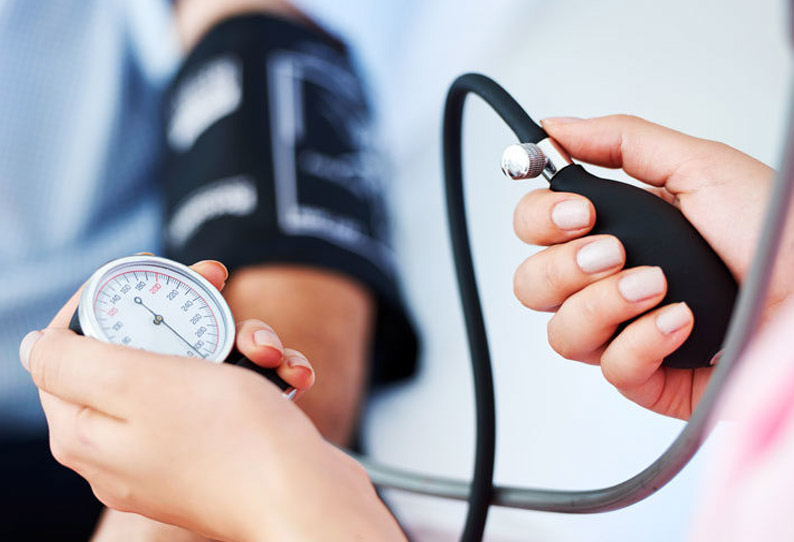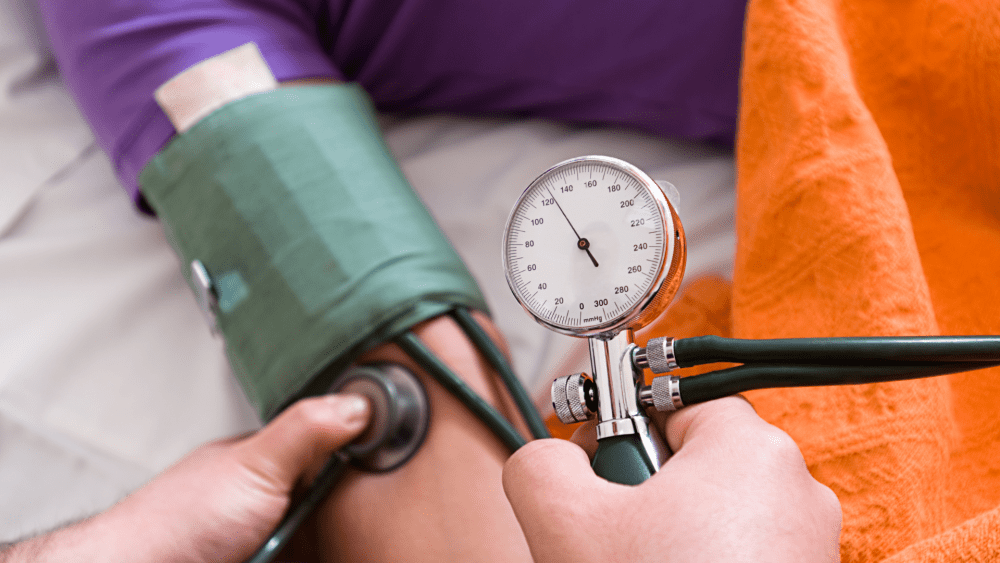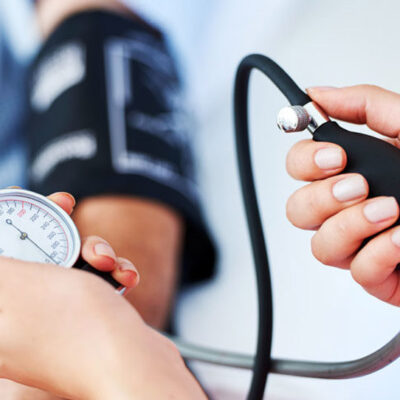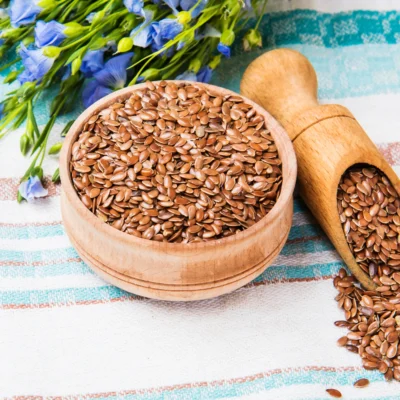High blood pressure, or hypertension, silently affects millions of individuals worldwide, posing a significant risk to cardiovascular health. Despite its prevalence, many people remain unaware of their condition due to the often inconspicuous nature of symptoms. This lack of awareness can lead to severe consequences, including an increased risk of stroke, heart attack, and heart disease. In this article, we will explore the various symptoms associated with high blood pressure and emphasize the crucial role of regular health screenings in managing this condition effectively.
Understanding High Blood Pressure Symptoms:
The manifestation of high blood pressure symptoms varies among individuals, with some experiencing clear signs while others may remain asymptomatic. Dr. Patrick M. Azcarate, a cardiologist at the Miami Cardiac and Vascular Institute, highlights the individualized nature of symptom presentation, stating that symptoms can arise at any elevated pressure level specific to each person.

Key Symptoms of High Blood Pressure:
- Headaches:
Headaches are a common symptom associated with hypertensive crises, affecting 22% of individuals in a study comparing related symptoms. Dr. Hetal Bhakta, a cardiologist in Palm Springs, California, explains that elevated pressure inside the brain’s vessels can lead to headaches. Severe headaches should prompt an immediate visit to a healthcare provider for testing and appropriate treatment. - Vision Problems:
High blood pressure during emergencies can damage blood vessels in the eyes, resulting in blurry vision. Dr. Bhakta emphasizes that compromised vision is often one of the initial noticeable signs of high blood pressure. - Chest Pain:
Insufficient blood supply to the heart arteries due to high pressure can cause chest pain, affecting 27% of participants in a hypertensive crisis study. Recognizing chest pain as a symptom is crucial, as it may indicate a serious cardiovascular issue. - Shortness of Breath:
Excessive hypertension increases cardiac workload, leading to shortness of breath. Dr. John P. Higgins, a cardiologist with McGovern Medical School at UTHealth Houston, explains that high blood pressure can contribute to heart attack and heart failure, resulting in difficulty breathing. - Kidney Damage:
High blood pressure is a significant contributor to kidney disease, both as a cause and a consequence. Dr. Higgins notes that constricted blood vessels in the kidneys can impair their proper function, potentially leading to kidney failure. This interplay between high blood pressure and kidney health underscores the importance of addressing hypertension promptly.
When to Seek Medical Attention:
Dr. Bhakta emphasizes the importance of regular preventative health screenings to detect hypertension, as individuals may not realize they have high blood pressure until screened. The U.S. Preventive Services Task Force recommends blood pressure checks every three to five years for those with normal blood pressure between the ages of 18 and 39. High-risk individuals may require more frequent checkups.
For adults over 40, an annual blood pressure screening is recommended, considering the natural stiffening of blood vessels with age. Regardless of age, the presence of high blood pressure symptoms should prompt an immediate visit to a healthcare provider.
Accessible Health Screenings:
To address limited healthcare access, individuals can seek free blood pressure screenings at various locations, including health resource fairs, select pharmacies, and retail stores. Certain Walmart locations even provide complimentary blood pressure machines for public use, although accuracy depends on adherence to usage instructions.
Recognizing the symptoms of high blood pressure is crucial for early detection and intervention. By understanding these indicators and prioritizing regular health screenings, individuals can take proactive steps to manage their blood pressure effectively and reduce the risk of severe cardiovascular complications. Stay vigilant, prioritize your cardiovascular health, and consult with healthcare professionals for personalized guidance on maintaining optimal blood pressure levels.









